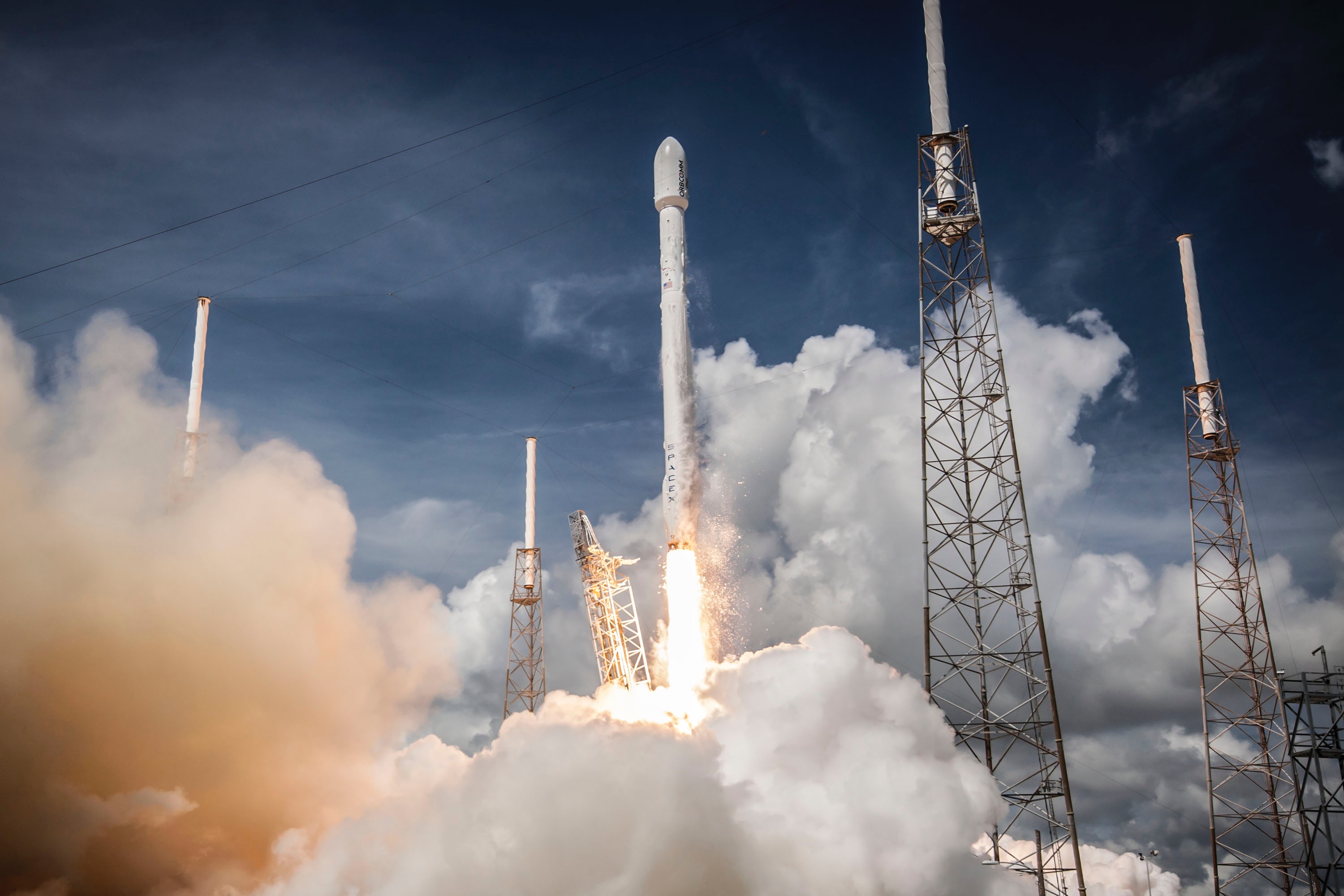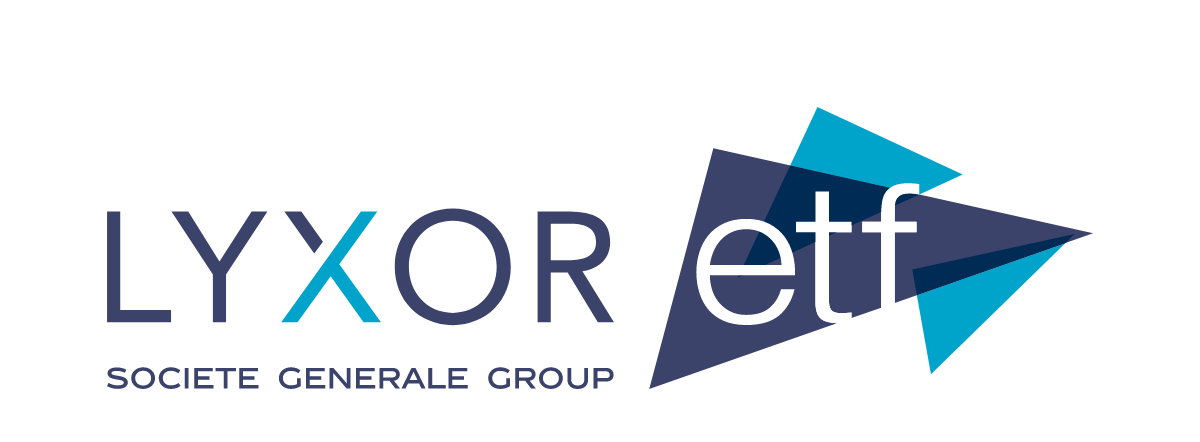A new research paper from analysts at Morningstar has found that the growth in thematic ETFs has skyrocketed in the past three years as investors have caught on to the potential in putting their money into long-term themes.
Kenneth Lamont, passive strategies research analyst, and Hortense Bioy, director of passive strategies and sustainability research, Europe at Morningstar, have found that assets invested in thematic ETFs have risen seven-fold since 2015.
Albeit they caveat this by pointing out the growth comes from a low base, Lamont and Bioy show that just shy of €7bn is now invested in such themed ETFs.
However, they caution that there has historically been a high "mortality rate" among thematic ETFs since 2012 with almost 80% of those launched since then having closed.
In this paper, Morningstar explores the growth of thematic ETFs, the criteria by which investors should select and analyse the performance of thematic ETFs, their role within an investor portfolio and the underlying exposure investors through these types of ETFs.
Still, Lamont and Bioy tie the current spate of interest to the rise of investment in tech shares.
"Following the success of the robotics funds, we anticipate that more thematic ETFs will hit the shelves in the coming years, particularly in the technology space, tracking themes such as cloud computing, artificial intelligence, and e-commerce," they write in their report. "Many fund companies--large and small--are preparing to enter the European ETF market for the first time, and the thematic market appears an attractive entry point."
The report points out that a "robust strategy" when it comes to choosing a theme is to adopt one that is loose enough to change over time.
"There would have been a big difference in outcome between investing hypothetically in a digital music ETF and a rival MP3 player ETF back at the turn of the millennium," Lamont and Bioy write. "On the other hand, it shouldn't be so loose that it dilutes any gains or is too similar to more-vanilla existing sector or broad equity strategies.
One remaining obstacle to greater thematic take up however, would appear to be the issue of cost.
"While thematic ETFs charge lower fees than their actively managed peers, they remain some of the most expensive ETFs on the market," says Lamont and Bioy.
With average ongoing charges of 0.59%, thematic ETFs are more expensive than the average ETF and are also pricier than strategic ETFs, which average at 0.38%.
"While there is undoubtedly a cost to researching and sourcing relevant data for a given theme, a lack of assets and the competitive forces they bring with them have caused fees to remain elevated," they say.
"However, we can be sure that the recent success of certain thematic funds will attract new players to the market, likely applying downward pressure on fees. Ongoing charges have already begun to fall, with eight of the 10 cheapest thematic ETFs having been launched since August 2016."
Te latest share of thematic ETFs in Europe comes from iShares which has €3.8bn in AUM from nine funds.Legals & General is next with €1.7bn in AUM within five funds and then Lyxor with €644m in a total of six funds.
"Some of most popular thematic ETFs in Europe first cut their teeth in the US market before being repackaged and sold in a UCITS wrapper," say Lamont and Bioy. "Their success in attracting assets and the relative low risk involved for the fund provider, particularly when using a white labelling fund service, mean that we anticipate more funds will be "ported" to Europe in this way."
ETF Stream will be interviewing the Morningstar thematic experts in the coming weeks.




